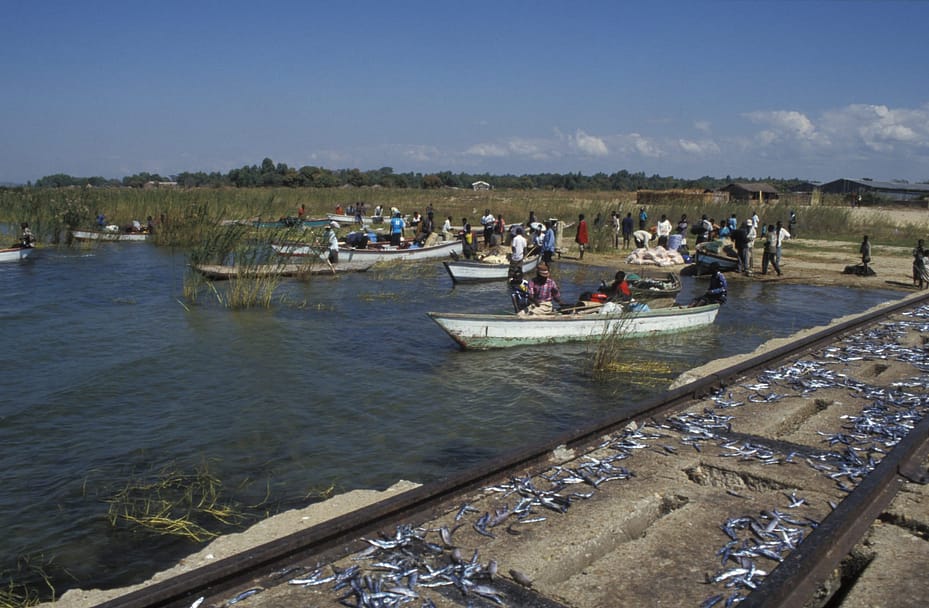Biodiversity and the challenge of pluralism
In the preamble to a paper published in Nature Sustainability authors Unai Pascual , William M. Adams, Sandra Díaz , Sharachchandra Lele, Georgina M. Mace and Esther Turnhout write:
The lack of progress in reversing the declining global trend in biodiversity is partly due to a mismatch between how living nature is conceived and valued by the conservation movement on the one hand, and by many different people, including marginalized communities, on the other.
Addressing this problem calls for a pluralistic perspective on biodiversity. This requires consideration of the use of the concept of biodiversity, willingness to expand its ambit, and engagement with the multiple and multi-level drivers of change. We propose ways for conservation science, policy and practice to deliver more effective and socially just conservation outcomes.
“As long as policymakers see only urban (often rather rich and rather vocal) conservationists as ‘the’ voice of conservation, and uncritically accept their particular understanding and values about biodiversity as the only ones that are valid, they will continue to rely on a narrow set of policy approaches such as those based on conserving certain pockets while turning a blind eye to the ravaging of the rest of living nature in the name of economic growth. But if a new conservation science captures the multiple goals and values of biodiversity, builds bridges among a broader set of nature-concerned citizens, and challenges the structures that condition the nature versus human well-being dichotomous thinking, this in turn would eventually result in mainstreaming nature concerns into policies across sectors by policymakers.”



